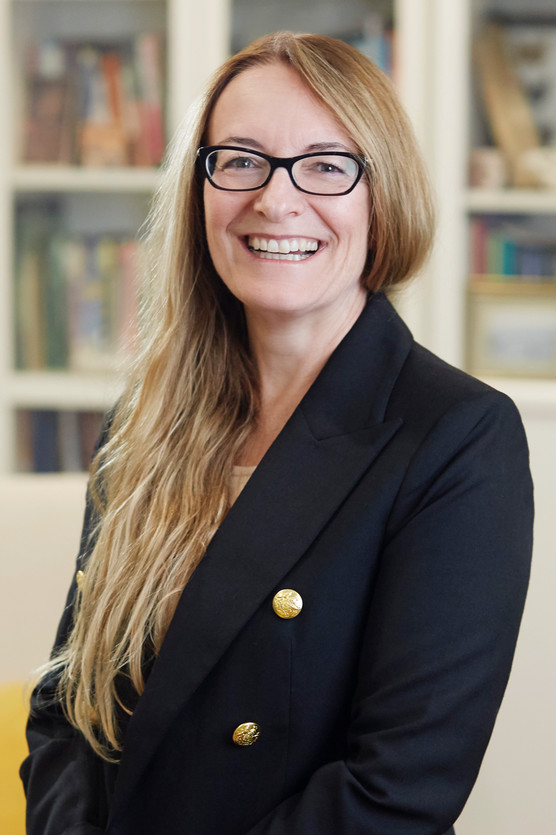
Pariss Garramone
PhD
Associate Teaching Professor
Liberal Studies
Faculty of Social Science and Humanities
Contact information
Bordessa Hall
- Room 328
Downtown Oshawa
55 Bond Street East
Oshawa, ON
905.721.8668 ext. 5865
Background
Dr. Pariss Garramone's interdisciplinary work examines the intersections of creativity, experiential learning, community involvement, writing pedagogy and curriculum theory, with a focus on social and environmental justice issues. Her teaching and pedagogical research engage ecocomposition practices that draw on Writing Across the Curriculum (WAC), feminist, and ecoliteracy scholarship.Education
- PhD in Education York University
Courses taught
- Writing for the Social Sciences
Involvement
-
Selected publications
Norquay, N., and Garramone, P. (2016). The Old Durham Road Black Pioneer Settlement: Contested Place as an Invitation to Curriculum. Journal of the Canadian Association for Curriculum Studies, 13(2), 20-31.
Garramone, P. (2008). "Double Exposure Postcards, self-portraits and autobiography as arts-based research practice." Educational Insights, 12(1).
Book chapters
Garramone, P. (2015). “Digging Where We Stand”: Rethinking Critical Place-Based Classroom Pedagogies for Sustainability with The More-Than-Human World. In R. Mitchell and S. Moore (Eds.), Planetary Praxis and Pedagogy: Transdisciplinary Approaches to Environmental Sustainability (pp.107-118). Rotterdam, The Netherlands: Sense Publishers.
Garramone, P. (2009). Getting to the roots: Re-thinking Canadian forests as curriculum. In J. Nahachewsky & I. Johnston (Eds.), Beyond ‘presentism’: Re-imagining the personal, social and historical places of curriculum (pp. 55-60). Rotterdam, The Netherlands: Sense Publishers.
Garramone, P. (2006). Tellingsmiths: The work of planting trees and the politics of memory. In D. Barndt (Ed.) Wild Fire: Art as Activism (pp.160-173). Toronto, ON: Sumach Press.